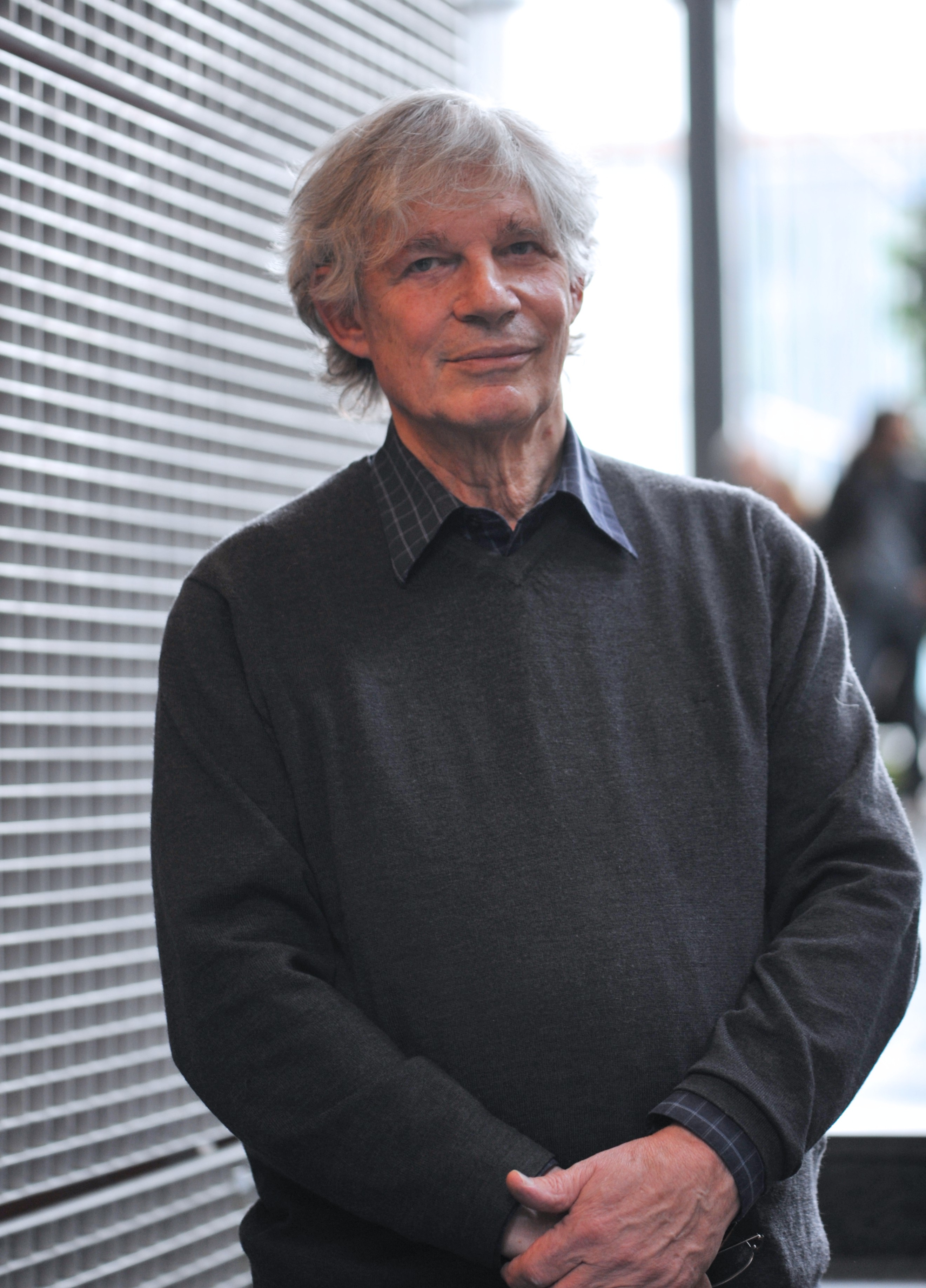Stuart Kauffman in: John Brockman ed. (1995) The Third Culture: Beyond the Scientific Revolution. p. 209 ( online http://www.edge.org/documents/ThirdCulture/t-Ch.12.html)
Stuart Kauffman: Frases em inglês
Fonte: At Home in the Universe: The Search for the Laws of Self-Organization and Complexity (1996), p.50 as cited in: Gert Korthof (1998)
Fonte: At Home in the Universe: The Search for the Laws of Self-Organization and Complexity (1996), p.45 as cited in: Gert Korthof (1998) "Kauffman at home in the Universe: The secret of life is auto-catalysis". Book review, 20 Oct 1998 ( online http://home.wxs.nl/~gkorthof/kortho32.htm)
Fonte: The origins of order: Self-organization and selection in evolution (1993), p. 644
The Adjacent Possible: A Talk with Stuart Kauffman, 2003
The Adjacent Possible: A Talk with Stuart Kauffman, 2003
Fonte: At Home in the Universe: The Search for the Laws of Self-Organization and Complexity (1996), p.112
Attributed to Kauffman in: Jared Lobdell (2004) This Strange Illness: Alcholism and Bill W.. p.123
Fonte: At Home in the Universe: The Search for the Laws of Self-Organization and Complexity (1996), p.151. as cited in: A. Kay (2006) The Dynamics of Public Policy: Theory and Evidence. p.43
Fonte: The origins of order: Self-organization and selection in evolution (1993), p.5
Fonte: The origins of order: Self-organization and selection in evolution (1993), p. vii
Stuart A. Kauffman (2010) Reinventing the Sacred: A New View of Science, Reason, and Religion. p.40
Kauffman in: John Brockman, ed. (1995) The Third Culture: Beyond the Scientific Revolution, p. 64-65. ( online http://www.edge.org/documents/ThirdCulture/i-Ch.2.html)
Fonte: The origins of order: Self-organization and selection in evolution (1993), p.232
